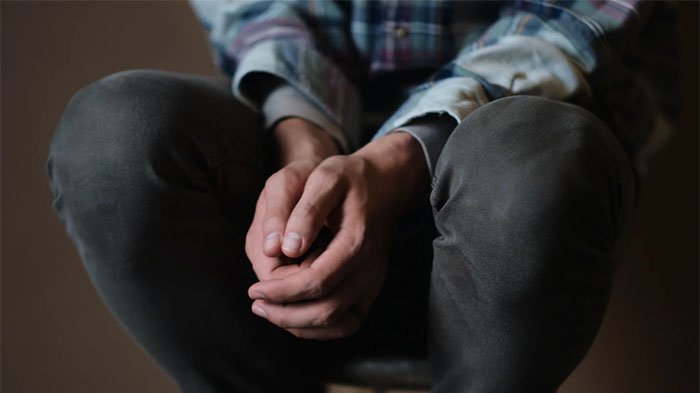Vulnerability is scary, which is why it is so hard to convince yourself to be vulnerable. Every instinct in your body screams: “Don’t do it! It’s unsafe! It’ll be used against you!” And yet, learning how to be vulnerable is essential to having loving, connected relationships.
“I am afraid I won’t be able to pull it off,” – said no superhero ever. Imagine if they did!
Most of us learn early on that being perceived as strong and invincible will cause people to like and respect us. Fast forward to your romantic relationships, and you find yourself saying “I’m fine” passive-aggressively while it’s written on your face that you are anything but. You are bitter; your partner is confused, both feel disconnected.
The remedy to this is called Vulnerability.

What is vulnerability?
It is the ability to share your innermost feelings. I’m talking the type of feelings that you have a hard time acknowledging even to yourself.
Vulnerability is…
Trying to say “I have feelings for you,” knowing that the response might be awkward silence.
Or “I feel insecure when you tell me about your other lovers.”
Or “I have been faking orgasms for fear you would leave me otherwise.”
Or “I am terrified of approaching women.”
Or “I feel like a failure in romantic relationships.”
It is so much easier to say: “Stop being a jerk!” or “Why don’t you ever initiate sex?”
Versus (a vulnerable version): “I feel judged and unimportant” or “I don’t know if you still feel attracted to me.”
So, how to be vulnerable?
- Know what you are trying to achieve by being vulnerable. Is it to feel closer? More open? To be honest? Break toxic communication patterns? To create more warmth or better connection?
Being vulnerable means taking a risk; keeping your intention in mind will make it easier.
- To be vulnerable, you have to switch the focus from what your partner did and “how could they” to how it made you feel and why.
- Learn to be more precise in describing what you feel. Take a look at the extensive list of feelings here.
It might be tempting to say, “I feel like you avoid me,” but there is neither feeling nor vulnerability in this sentence. “I feel abandoned” is both vulnerable and describes how you possibly feel.
- Start by being vulnerable with people you feel safe with.
- Building up your vulnerability muscle is a process. Be your own cheerleader as you take steps toward becoming more comfortable with it.
- Be aware of the “vulnerability hangover.” This term was coined by shame researcher Brené Brown and it refers to the feeling of regret or anxiety after revealing something.
How do you know if you are doing it right?
Well, it would likely feel scary, edgy, increase your heart rate or cause you shortness of breath. It is a leap of faith. It is offering your heart in the palm of your hand and trusting that your partner will treat it with care.
Interested in learning more about vulnerability? Check out Brene Brown’s fantastic book “Daring Greatly: How the Courage to Be Vulnerable Transforms the Way We Live, Love, Parent, and Lead.”


